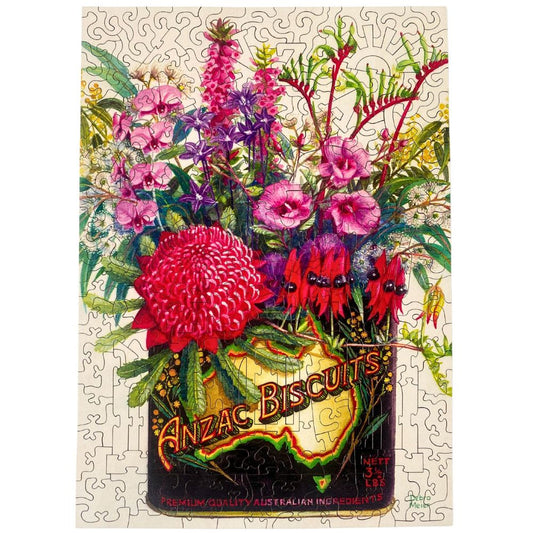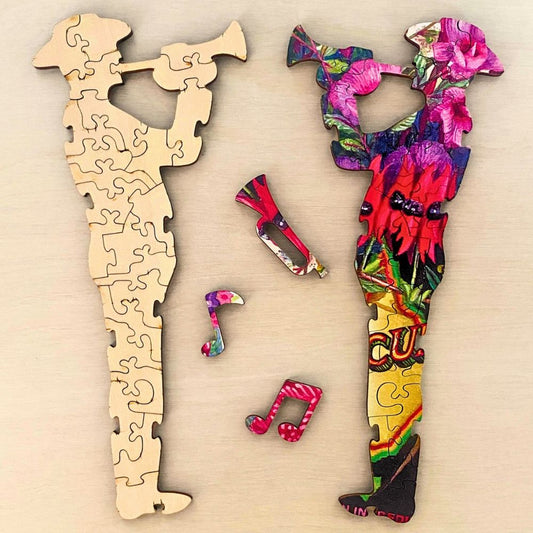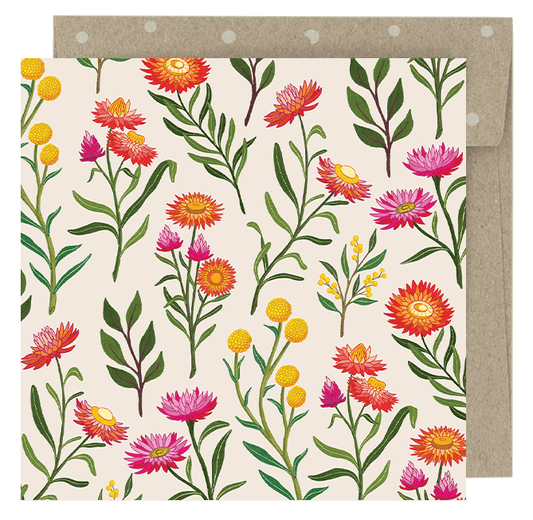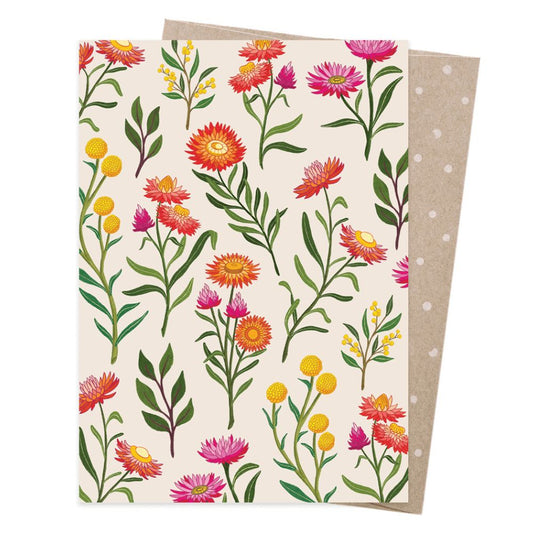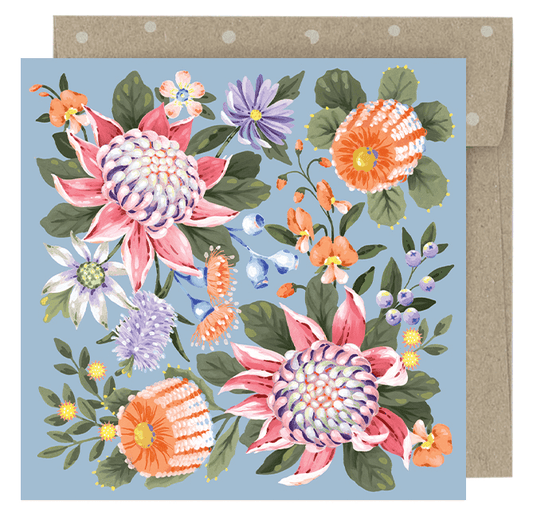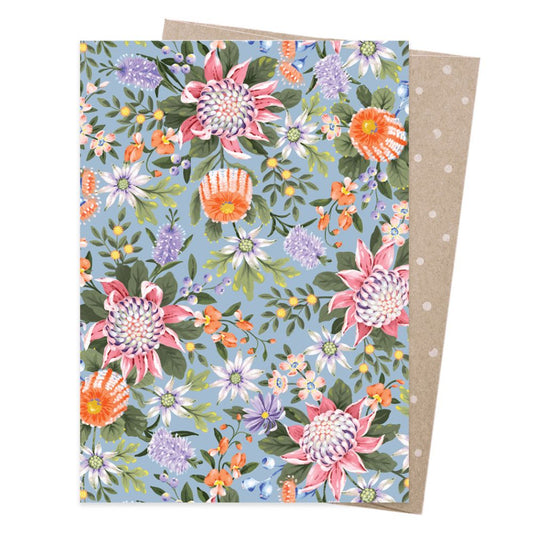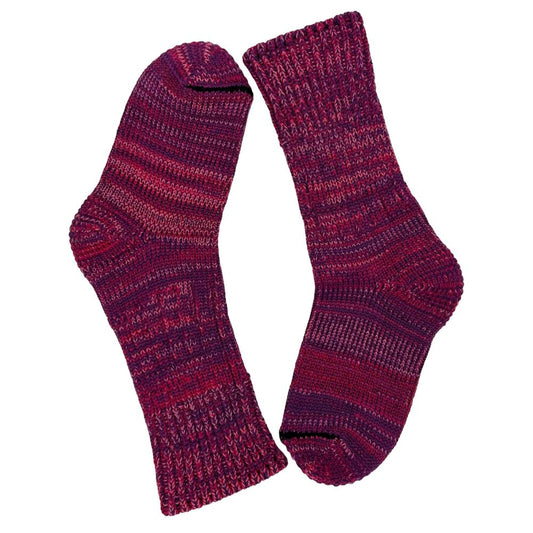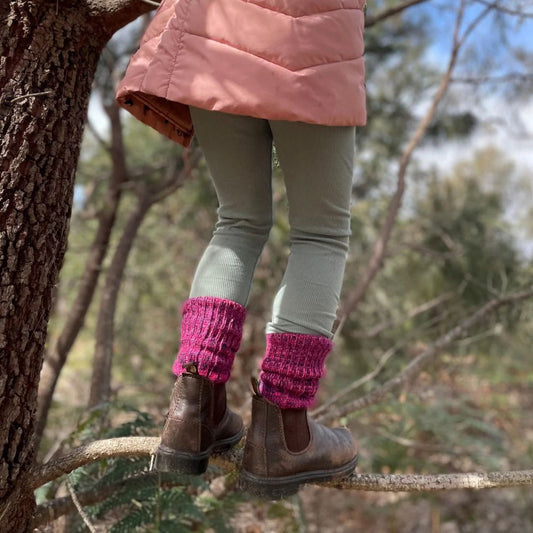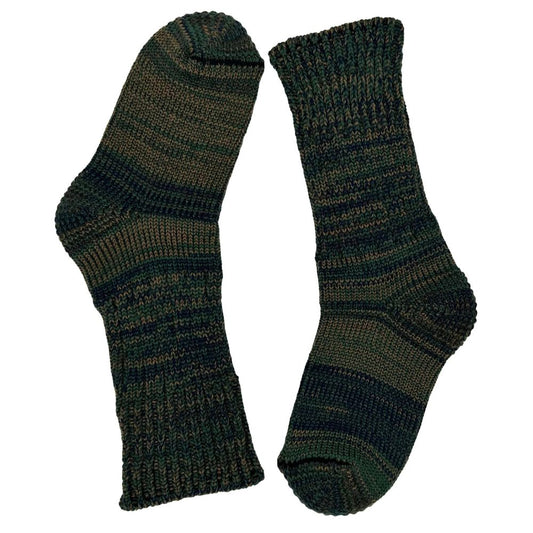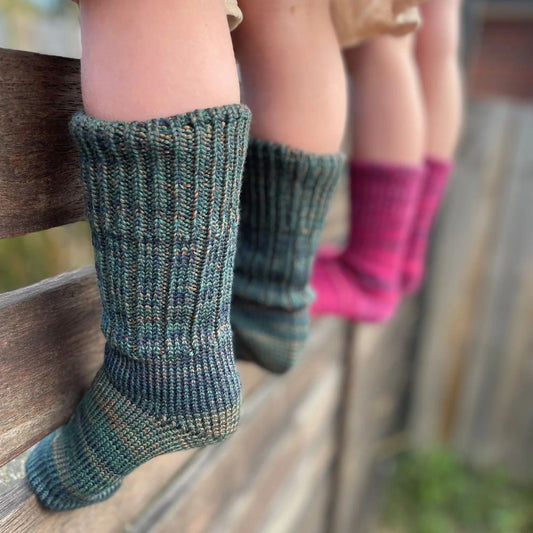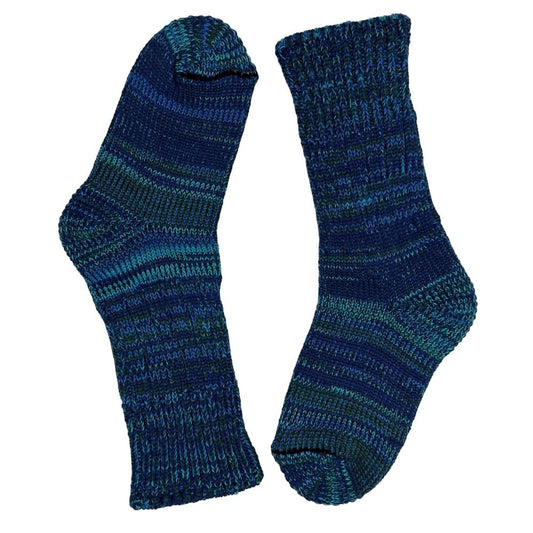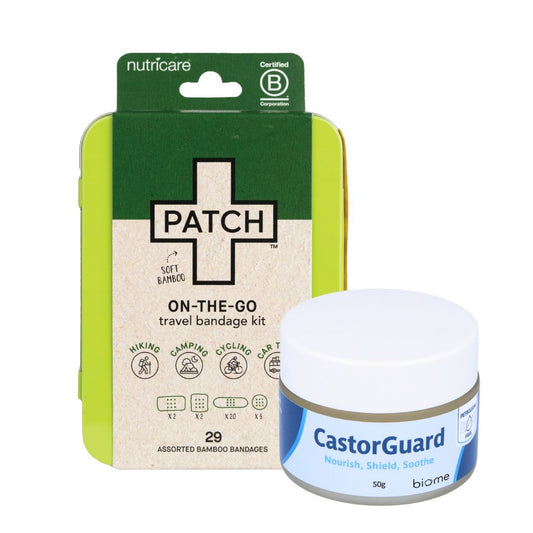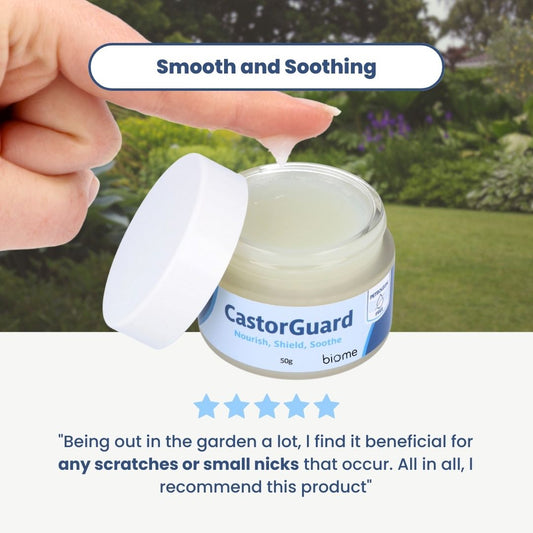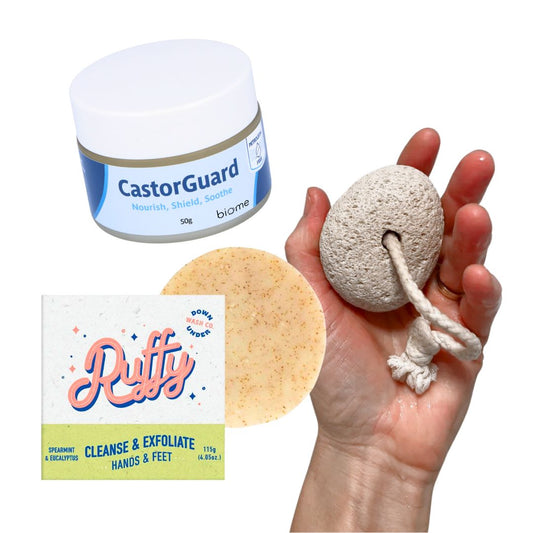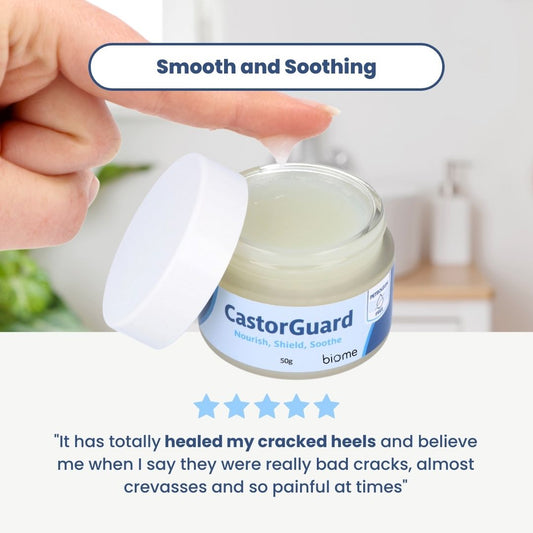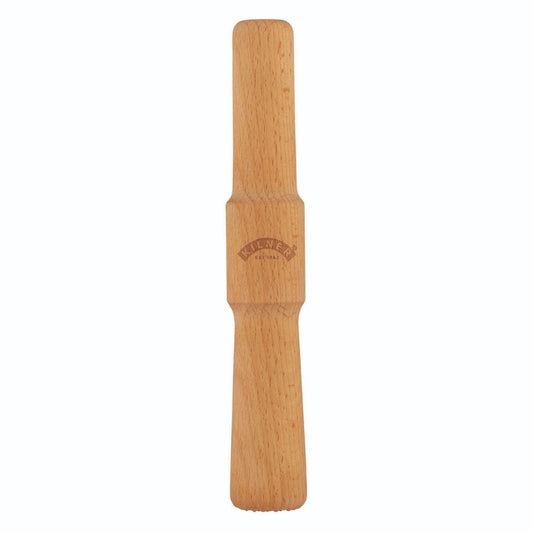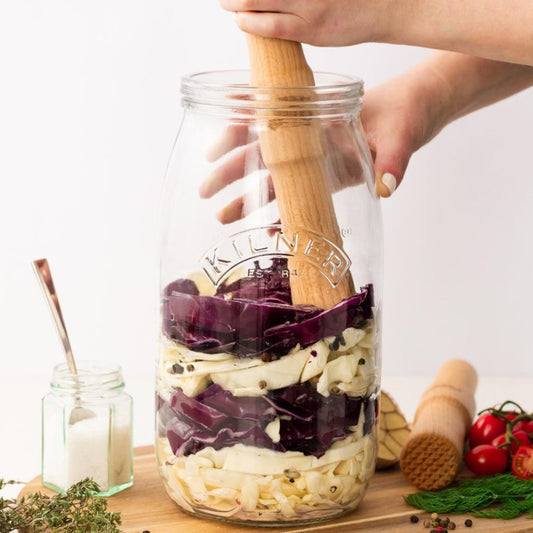
Preparing for the school season can be overwhelming, but these easy AND eco friendly back to school tips will save you time, money, and best of all, the environment.
10 Eco Friendly Back To School Tips
1. Reuse before Buying
It's always better to reuse what you have than to buy what you don't need, so through old school supplies and see which ones you can reuse. If you do need to buy new products, aim for things that are reusable, such as refillable pens or metal mechanical pencils. Aiming for eco friendly supplies like FSC-certified notebooks is also a good step. When you do buy new supplies, we recommend not buying in bulk. These products may seem cheap, but they are mass-produced, generally made with harmful chemicals and plastics, and are used up quickly, dearly costing the Earth's resources.
2. DIY to Revamp
Get your DIY-thumb on and revamp reused supplies. Some kids want new items every year, but by changing the look of an item, they'll have fresh new supplies and you'll save money. This may include covering notebooks with newspaper or old magazine pages, hand-stitching some fun embroidery onto a fabric pencil case, or putting iron-on patches onto a backpack. These are also great opportunities for crafting and bonding time.
3. Dispose of Thoughtfully
When school supplies can no longer be reused, disposing of them thoughtfully is the final step to help the Earth. See our Waste 101 blog post for what you can recycle and compost. You can also invest in one of our Zero Waste TerraCycle boxes, which you fill with a certain "unrecyclable" item (like plastic pens or binders) and send it back to TerraCycle to recycle! And if you just have to dump an item in landfill, then a recyclable version can be found for next time.
4. Compost and Recycle at Home
Starting a compost bin and getting your child to bring home their food scraps means no food waste goes in the bin. And who knows, they might develop a green thumb when the compost is ready to be put in the garden. If you don't know how to get started, read our Beginner's Guide to Composting here >
Recycling at home will also teach them what can and cannot be recycled, and gives them an opportunity to recycle their soft plastics! Simply fill up a plastic bag with all soft plastics (like wrappers and cling wrap) and take to your nearest REDcycle collection point.
5. Go Second Hand
Buying second hand items not only saves money, but saves an unwanted item from going to landfill. For school, this could include buying second hand school uniforms and textbooks. Uniforms can also be re-hemmed, altered or fixed with sewing, either by a professional or at home, to extend their life. For leisurely reading or research, kids can also go to their local library and loan books instead of buying them new. And if you want to truly go second hand, you can ask other parents if they have any used school supplies their kids don't want.
6. Screen Free Games for After School
A lot of kids spend the day learning with tablets and computers. Then they come home and use the computer for research, homework, and typing up assignments, and probably end the day with TV or the internet. That's a lot of screen time. An eco friendly and healthy break from technology may be exactly what they need, and we have games for all ages to keep kids entertained, screen free. Finska, an outdoor tossing game, is very popular for the whole family. We also have a blog post on many screen free activities that can be done solo or with friends. And when all else fails, a good book is always a winner. Browse our Educational Toys & Books here >
7. Protect Them, Naturally
Sun safety and hygiene are very important at school. We'd hate for our kids to get burned or sick during the term, so giving them sunscreen and hand sanitiser are some of the ways we can keep them healthy. However, many sunscreens and sanitisers are loaded with nasty (and unnecessary) chemicals, which may be doing more harm than good. So what's an eco friendly back to school solution?
For suncreen, our blog post on choosing the Best Natural Sunscreen showcases some great brands that are safe for your kids. Lil' Bit 50ml Hand Sanitiser is a great option, with its spray nozzle and compact size.
8. Exercise Over Fuel
Although this depends how far you live from the school, opting for walking or biking instead of cars is a great thing for the environment. Exercise is always a great thing to promote in kids, but it may be particularly helpful for relieving stress in kids and teenagers who are in the midst of assessment season. 10,000 steps a day is a great number to aim for, as it improves overall health, reduces risk of disease and burns 20% of caloric intake (1). So an eco friendly back to school tip may be to get your child a pedometer so they can challenge themselves every day and stay healthy in the process.
9. Be Lunch Box Savvy
While we all know buying reusable lunch boxes and water bottles is a good eco friendly practice, there's some extra tips to follow when packing your child's lunch (or when they pack their own!). Including cloth napkins and reusable cutlery means they don't need to opt for disposable ones, especially when they get cafeteria food. When they do buy lunch from school, asking them to bring back all the packaging will make sure it's disposed of thoughtfully. Better yet, you can pack homemade snacks and drinks to rival the cafeteria treats! Healthy snacks, like protein balls or homemade crackers, and tasty drinks like juice, fruit-infused water or smoothies, means a healthy lunch, less trash, and even an opportunity for them to help in the kitchen.
10. Make Your School Environmental
What better way to start an eco friendly back to school year then to have the school be eco friendly! Many schools these days have some environmental program, whether it be a recycling scheme, school garden, or clean up days. If you'd like to start to something at your kid's school, you can either petition them directly, or refer them to organisations that facilitate programs, like Eco-Schools Australia. And who knows, maybe your child's love and knowledge for the Earth will rub off on others. With these eco friendly back to school tips, you and your child will be prepared for study as well as saving the environment.Related Blogs:
Further Reading (1) - 10,000 Steps Australia (https://www.10000stepsaustralia.com/Walking-Articles/Why-10000-Steps-a-Day)

